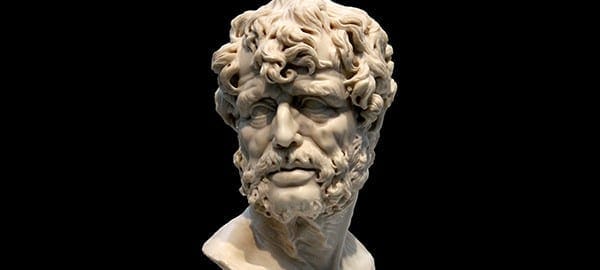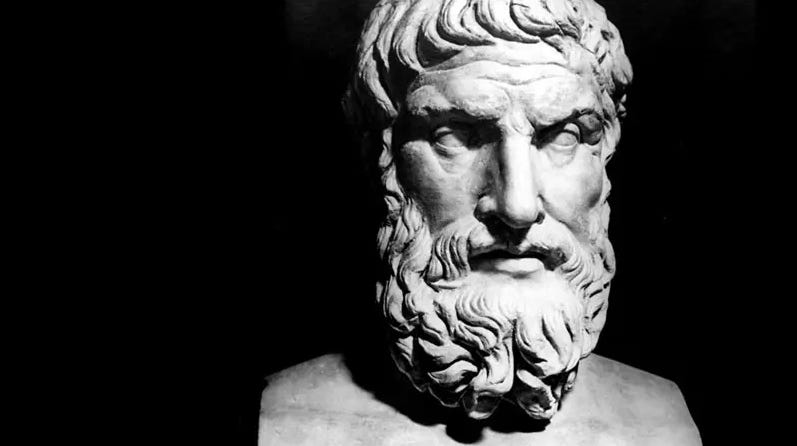In a world characterized by constant change and uncertainty, the ancient philosophy of Stoicism offers a timeless guide to navigating life's challenges with resilience and tranquility. Originating in ancient Greece and flourishing in ancient Rome, Stoicism is not merely a historical relic; its principles continue to resonate today. Let’s explore the benefits of Stoicism, drawing inspiration from the wise words of renowned Stoic philosophers.
1. Emotional Resilience:
Stoicism places a strong emphasis on emotional resilience, teaching individuals to cultivate a mindset that is impervious to external circumstances. As Seneca, one of the prominent Stoic philosophers, wisely noted, "It's not that we have a short time to live, but that we waste much of it." By acknowledging the impermanence of life and developing resilience in the face of adversity, Stoicism empowers individuals to face challenges with calmness and fortitude.
2. Serenity in Acceptance:
Central to Stoicism is the concept of acceptance—accepting the things we cannot change and focusing on what is within our control. Epictetus, a Stoic philosopher born in ancient Rome, captured this sentiment with the words, "We cannot choose our external circumstances, but we can always choose how we respond to them." Stoicism teaches that true freedom lies in our ability to choose our reactions to external events, fostering a sense of inner peace and serenity.
3. Rational Decision-Making:
Stoicism advocates for rational decision-making, urging individuals to make choices based on reason rather than succumbing to emotional impulses. Marcus Aurelius, the Roman Emperor and Stoic philosopher, emphasized this aspect, stating, "Very little is needed to make a happy life; it is all within yourself, in your way of thinking." By fostering a rational and deliberate mindset, Stoicism helps individuals make informed decisions that align with their values and goals.
4. Focus on Virtue:
For the Stoics, the pursuit of virtue was paramount. Seneca expressed this emphasis on virtue eloquently: "He suffers more than necessary, who suffers before it is necessary." Stoicism encourages individuals to prioritize moral character and virtuous living, contributing to a sense of purpose and fulfillment.
5. Freedom from External Opinions:
Stoicism teaches the liberation from the opinions of others. Epictetus remarked, "It is not what happens to you, but how you react to it that matters." By understanding that external events are beyond our control, Stoicism guides individuals to find true freedom in shaping their responses and attitudes, irrespective of external judgments or opinions.
6. Gratitude and Contentment:
The Stoics recognized the importance of gratitude and contentment in fostering a meaningful life. Seneca advised, "True happiness is to enjoy the present, without anxious dependence upon the future." Stoicism encourages individuals to appreciate the present moment, embracing gratitude for what is, and finding contentment in the midst of life's uncertainties.
7. Endurance in the Face of Hardship:
Stoicism instills a sense of endurance in the face of hardship. Marcus Aurelius, who faced numerous challenges as a Roman Emperor, reflected on this aspect, saying, "The best revenge is to be unlike him who performed the injustice." Stoicism teaches individuals to rise above adversity with dignity and resilience, using challenges as opportunities for growth.
Stoicism, with its profound teachings on resilience, acceptance, virtue, and gratitude, continues to offer invaluable insights for navigating the complexities of modern life. By embracing Stoic principles, we can cultivate a mindset that transcends the fleeting nature of external circumstances, finding enduring tranquility in the face of life's challenges. As we heed the wisdom of the Stoics, we discover a timeless guide for fostering inner peace, making rational decisions and living a life aligned with virtue and purpose.
Enjoy and be safe.






